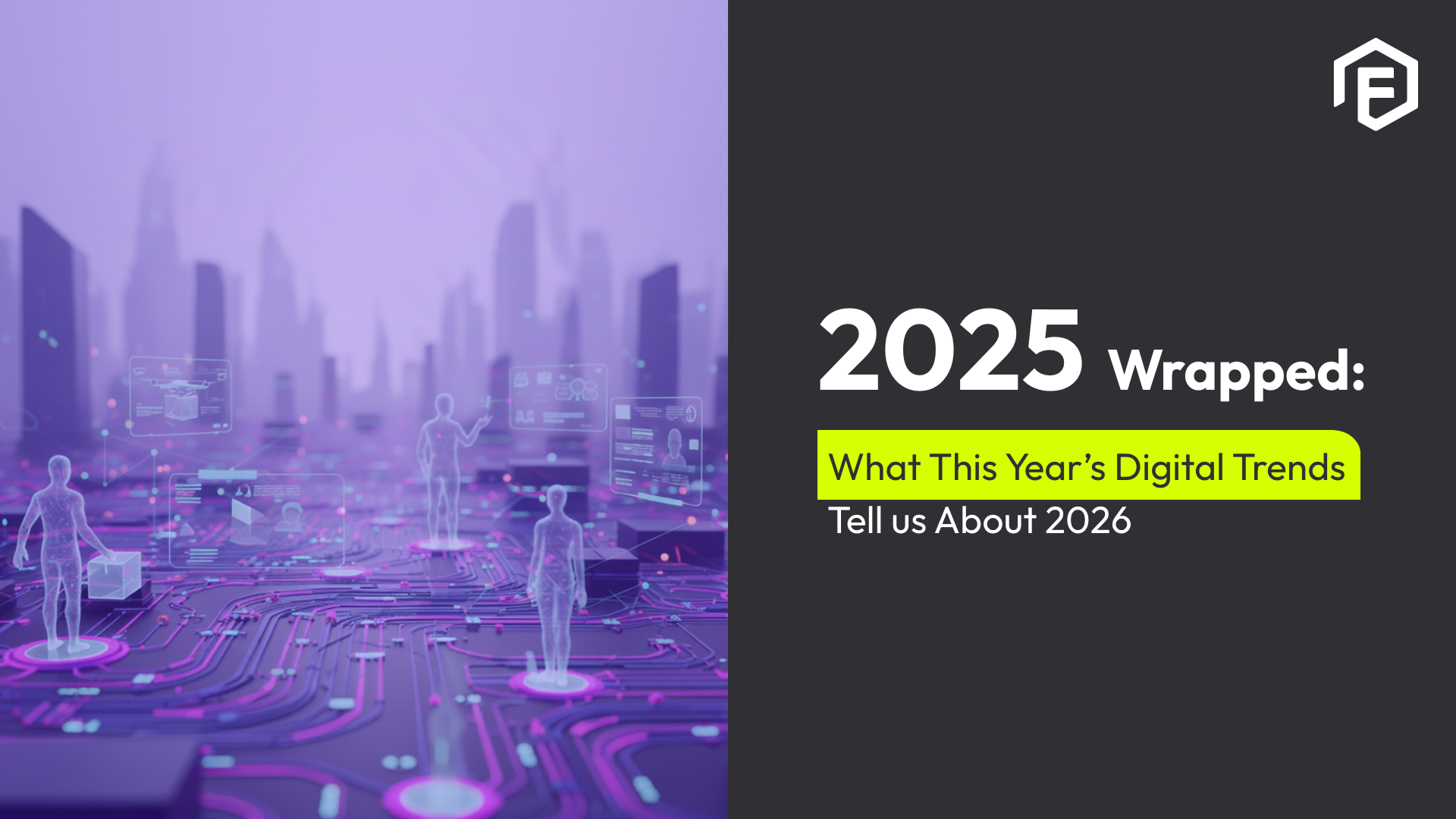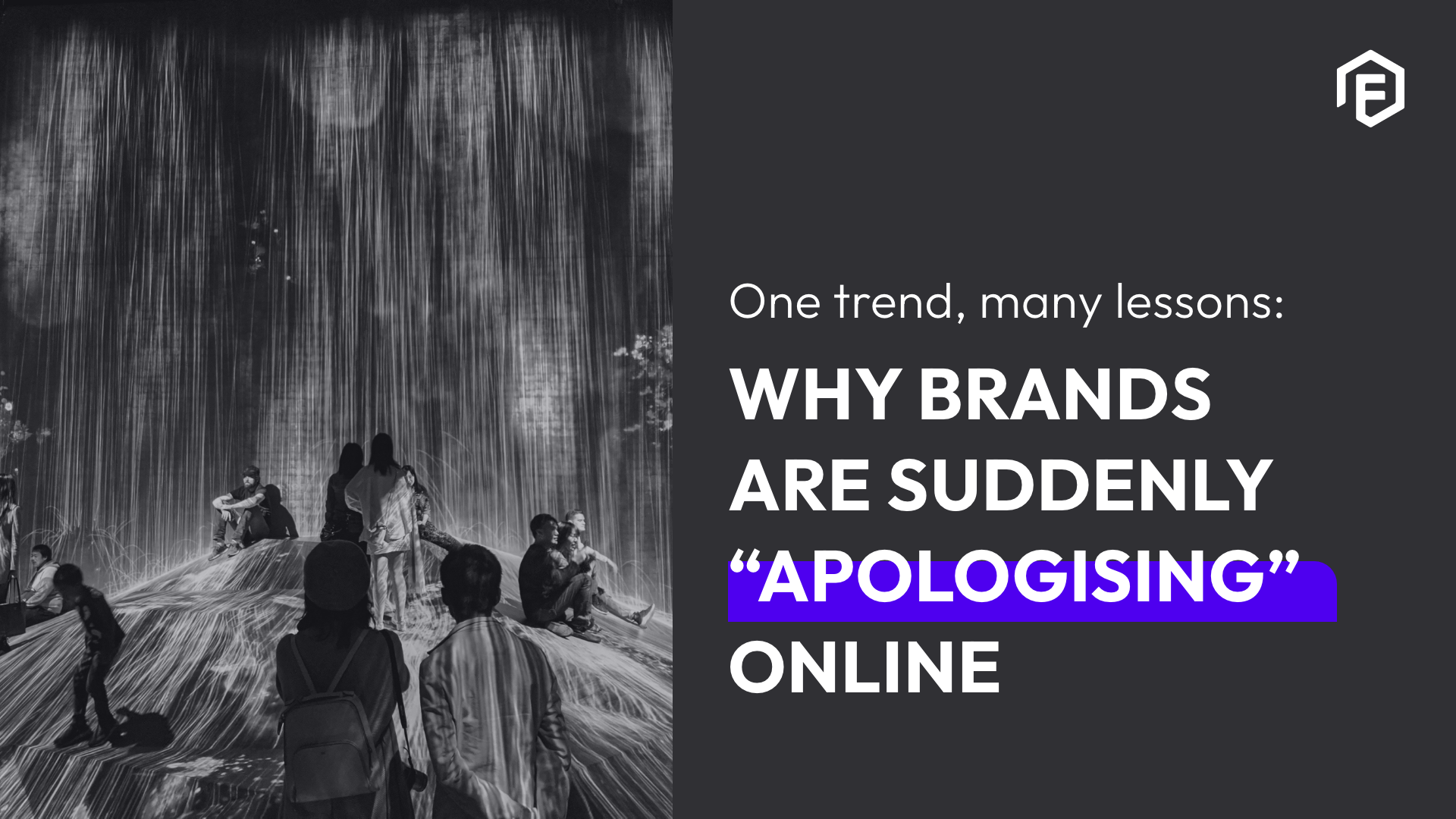Artificial Intelligence (AI) is transforming industries across the globe, and marketing and public relations (PR) are no exceptions. Integrating AI into these fields is not merely a trend; it’s a fundamental shift reshaping how brands communicate, engage, and build relationships with their audiences.
How is AI Shaping the Future of Marketing?
Marketing, traditionally driven by creativity and human intuition, is increasingly becoming data-driven, with AI playing a crucial role in this transformation. The impact of AI on marketing is multifaceted, touching on everything from customer segmentation to content creation.
- Personalisation at Scale
AI has revolutionised how businesses personalise their marketing efforts. Through machine learning algorithms, AI can analyse vast amounts of data to identify patterns and preferences among consumers. This enables marketers to create highly personalised campaigns that resonate with individual customers on a deeper level. Whether it’s personalised product recommendations, tailored email content, or targeted ads, AI makes it possible to deliver the right message to the right person at the right time, thereby enhancing customer engagement and conversion rates.
- Predictive Analytics
AI-powered predictive analytics tools allow marketers to anticipate future trends and consumer behaviours. By analysing historical data, AI can predict which products are likely to be popular, when customers are most likely to make a purchase, and which marketing strategies will be most effective. This foresight enables marketers to allocate resources more efficiently, optimise their campaigns, and ultimately increase their return on investment (ROI).
- Content Creation and Optimisation
AI is also making waves in content creation. Tools powered by AI can generate content, from simple social media posts to more complex articles, with remarkable accuracy and efficiency. These tools analyse what kind of content performs well in specific contexts and can tailor messages accordingly. Additionally, AI can assist in content optimisation by identifying keywords, improving SEO, and ensuring that content aligns with audience preferences, thereby increasing its visibility and impact.
- Chatbots and Customer Interaction
AI-powered chatbots have become a staple in customer service and marketing. These intelligent bots can handle a wide range of tasks, from answering frequently asked questions to guiding customers through the sales funnel. By providing instant, 24/7 support, chatbots improve customer satisfaction and free up human resources for more complex tasks. In addition, the data gathered from these interactions can be used to refine marketing strategies further.
- Programmatic Advertising
Programmatic advertising, which uses AI to automate the buying of digital advertising space, is another area where AI is shaping the future of marketing. By using AI to target ads more precisely and in real-time, businesses can maximise their advertising budgets and reach their intended audience more effectively. This not only improves the efficiency of ad spending but also increases the likelihood of driving conversions.
What is the Role of Artificial Intelligence in Public Relations?
The role of AI in public relations is equally transformative, offering new tools and techniques for managing communication, building relationships, and protecting reputations. Here’s how AI is making an impact in PR:
- Media Monitoring and Analysis
One of the most significant applications of AI in PR is in media monitoring. AI-powered tools can scan vast amounts of media content, including news articles, social media posts, and blogs, to track mentions of a brand, competitor, or industry topic in real-time. These tools can identify trends, sentiment, and emerging issues, providing PR professionals with actionable insights to inform their strategies. The ability to quickly and accurately analyse media coverage allows PR teams to respond proactively to potential crises or opportunities.
- Crisis Management
AI can play a critical role in crisis management by predicting potential PR crises before they escalate. By analysing patterns in online conversations and media coverage, AI can identify warning signs that a crisis may be brewing. This early detection gives PR teams the opportunity to take preventative measures, craft appropriate responses, and mitigate damage to the brand’s reputation. Additionally, AI can help manage the crisis by automating the distribution of press releases and monitoring the impact of the response in real-time.
- Influencer Identification and Outreach
Influencer marketing has become a key component of many PR strategies, and AI is helping to optimise this process. AI tools can analyse social media data to identify influencers who align with a brand’s values and audience. These tools can assess an influencer’s reach, engagement, and relevance, ensuring that PR efforts are directed towards the most effective partnerships. AI can also assist in managing relationships with influencers by tracking their activity and measuring the impact of their endorsements on brand perception.
- Sentiment Analysis
Understanding public sentiment is crucial for effective PR. AI-powered sentiment analysis tools can assess the tone and emotional context of online conversations, providing PR professionals with a clearer picture of how the public perceives a brand or issue. This insight allows PR teams to tailor their messaging to resonate with their audience, address concerns, and build positive relationships.
- Automated Press Releases
AI is also making its mark on the creation and distribution of press releases. Tools powered by natural language processing (NLP) can draft press releases based on structured data inputs, saving time and ensuring consistency in messaging. Additionally, AI can automate the distribution process, targeting relevant journalists and media outlets based on their past coverage and interests, thereby increasing the likelihood of media pick-up.
What is the Role of Artificial Intelligence in Shaping the Future?
The influence of AI extends far beyond the current applications in marketing and PR; it is shaping the very future of these industries and how they operate.
- Enhancing Human Creativity
While there is a common misconception that AI will replace human creativity, the reality is that AI is more likely to enhance it. By automating routine tasks and providing deep insights from data, AI frees up time for marketing and PR professionals to focus on more creative and strategic aspects of their work. This collaboration between human ingenuity and machine efficiency is likely to lead to more innovative and impactful campaigns in the future.
- Ethical Considerations and AI Governance
As AI continues to evolve, ethical considerations will become increasingly important. Issues such as data privacy, algorithmic bias, and the transparency of AI-driven decisions will need to be addressed to maintain public trust. PR professionals will play a critical role in navigating these challenges, shaping the narrative around AI, and ensuring that AI applications are aligned with ethical standards.
- Hyper-Personalisation and Consumer Empowerment
The future of marketing and PR will be characterised by hyper-personalisation, where AI enables brands to deliver highly customised experiences to each consumer. This level of personalisation will empower consumers, giving them more control over the content they engage with and the brands they interact with. However, this also means that brands will need to be more transparent and responsive to consumer needs, as any misstep in personalisation could lead to a loss of trust.
- New Business Models and Revenue Streams
AI is likely to give rise to new business models and revenue streams in marketing and PR. For instance, AI-driven platforms could facilitate more efficient marketplaces for advertising, content creation, and media distribution. Additionally, AI could enable the development of new products and services that cater to the evolving needs of consumers in a digital-first world.
- AI as a Strategic Partner
Ultimately, AI will become a strategic partner in marketing and PR, working alongside human professionals to achieve business goals. This partnership will be characterised by a symbiotic relationship, where AI provides data-driven insights and automation, while humans bring creativity, empathy, and strategic thinking to the table. Together, they will drive the future of marketing and PR towards more personalised, efficient, and ethical practices.
Conclusion
AI is undeniably shaping the future of marketing and public relations, driving significant changes in how these industries operate. From personalisation and predictive analytics in marketing to media monitoring and crisis management in PR, AI is enhancing the effectiveness and efficiency of communication strategies. As AI continues to evolve, it will not only transform the tools and techniques used in marketing and PR but also influence the ethical and strategic decisions that guide these industries. The future of marketing and PR will be one where AI and human creativity work hand in hand, leading to more innovative, personalised, and responsible practices.
Flume is an independent, full-service digital marketing agency providing services that include SEO, web design and development, public relations, media buying, client service, UX/UI, and creative production. For more information visit www.flume.co.za or email us to say, well, “hello”.
-
Frequently Asked Questions
-
1. How is AI transforming marketing strategies?
- AI is revolutionising marketing by enabling personalised campaigns, predictive analytics, content creation, chatbots for customer interaction, and programmatic advertising, making strategies more data-driven and efficient.
-
2. What role does AI play in public relations?
- AI enhances public relations through media monitoring, crisis management, influencer identification, sentiment analysis, and automated press releases, helping PR professionals manage communications and protect reputations.
-
3. How does AI improve personalisation in marketing?
- AI analyses vast amounts of consumer data to identify preferences and patterns, allowing businesses to create highly personalised campaigns, such as tailored product recommendations and targeted ads, that resonate with individual customers.
-
4. Can AI help predict future marketing trends?
- Yes, AI-powered predictive analytics tools analyse historical data to anticipate future trends, consumer behaviour, and the effectiveness of marketing strategies, helping marketers optimise campaigns and allocate resources efficiently.
-
5. How does AI assist in crisis management for public relations?
- AI can detect early warning signs of potential PR crises through media and online conversation analysis, enabling PR teams to respond proactively and mitigate damage to the brand’s reputation.



